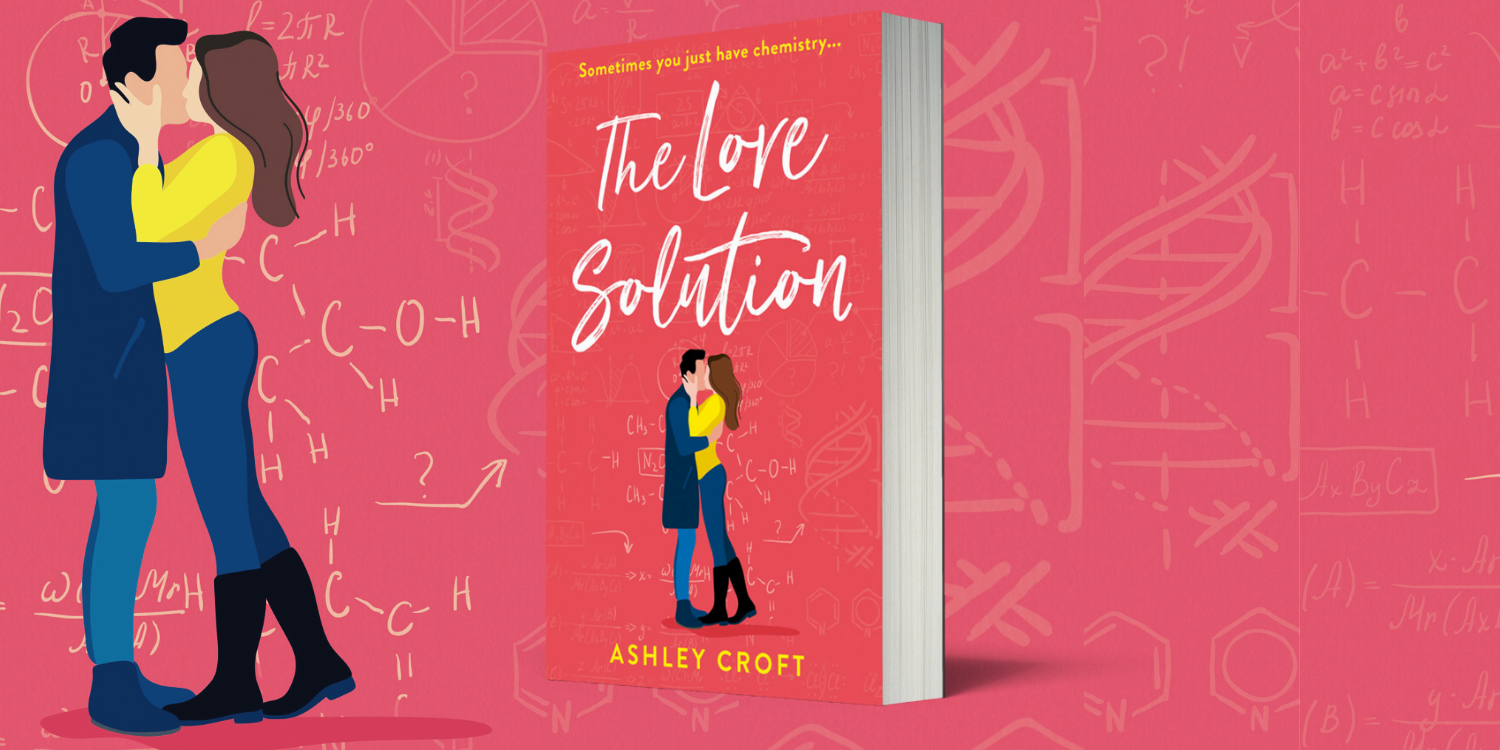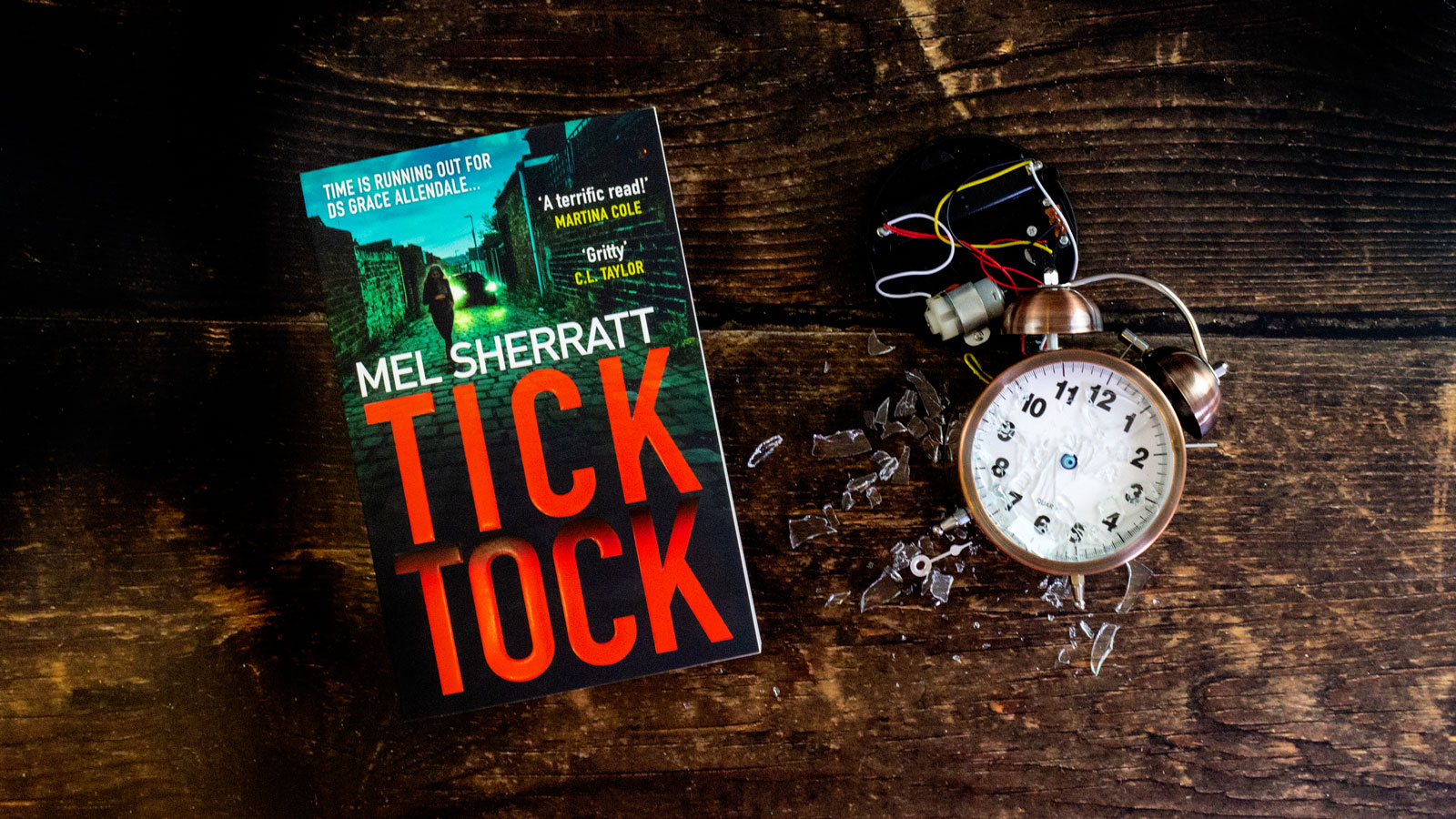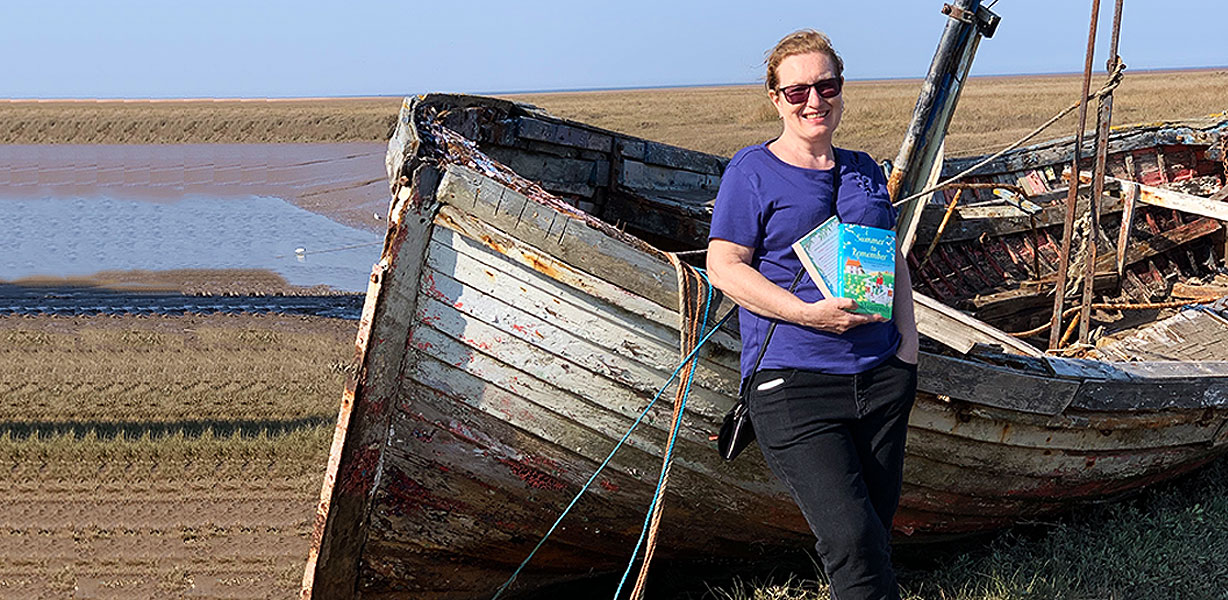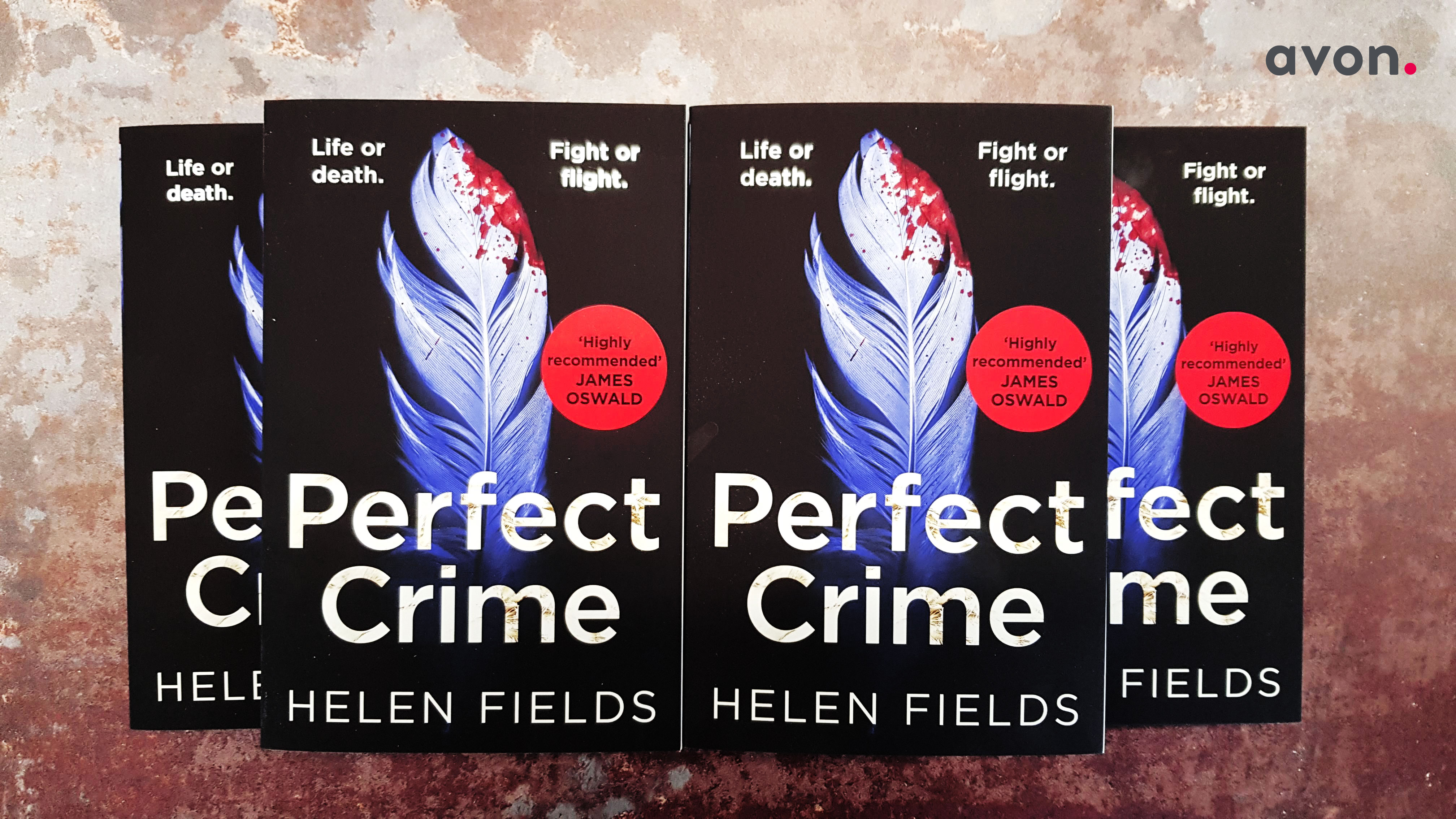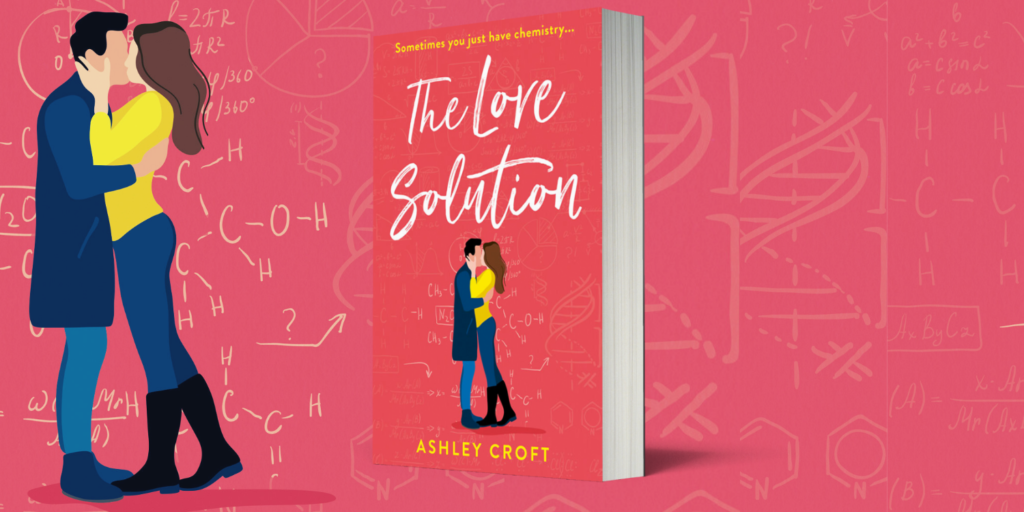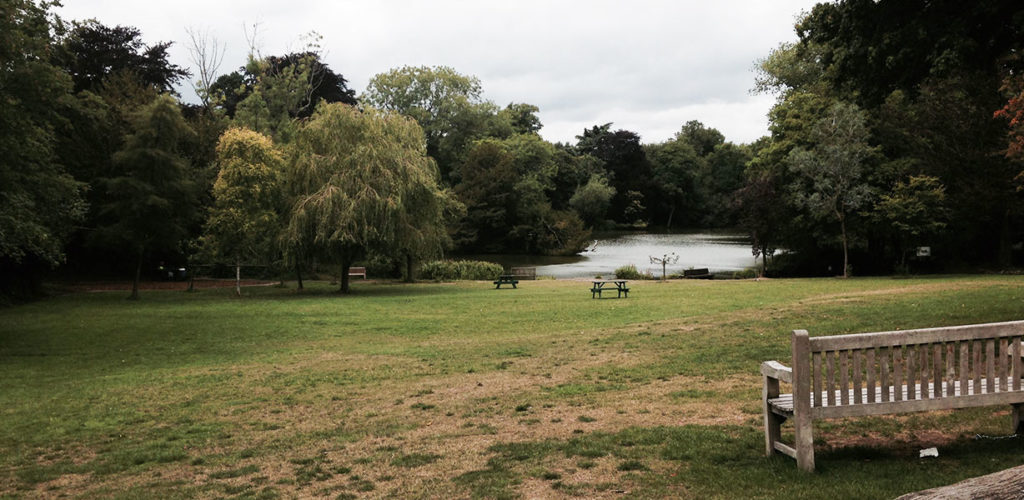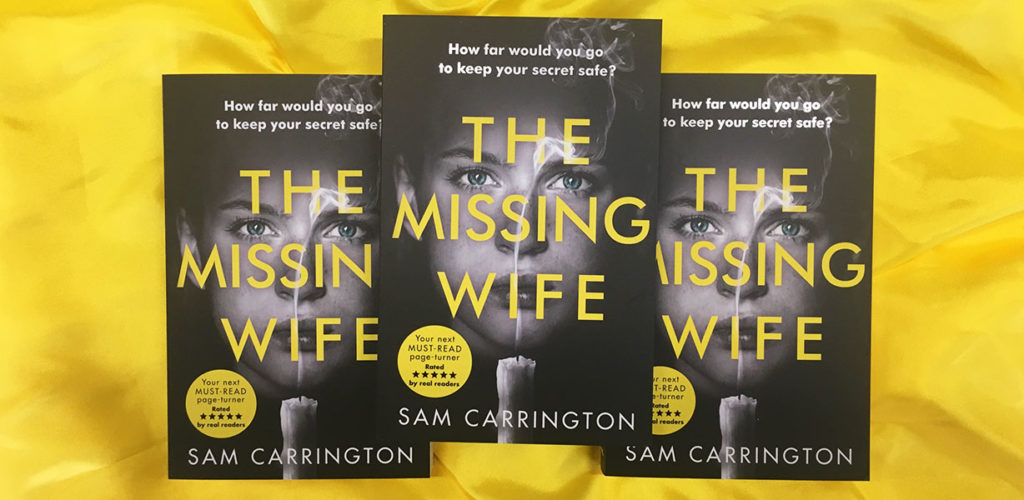Happiness is… something that happens to us when our lives become perfect, like for instance when we’ve fallen in love with the perfect man (and he’s fallen in love right back), and we’ve also got the perfect job – writing, of course – and we live somewhere lovely right in the centre of London surrounded by greenery and free parking and where the sun always shines at weekends. Happiness is when curly hair doesn’t look too mad and straight hair doesn’t look too flat and it’s when the 5:2 diet doesn’t mean putting on five pounds and only losing two. If that gets all that sorted out, we’ll definitely be constantly, eternally, supremely happy. Until…
Yes, that’s the trouble with happiness, there’s always something that comes along trying to put a stop to it. However, this is a good thing, because happiness is a transitory pleasure; it comes and goes and, a bit like being tickled, it’s best in short bursts. Here are my top tips for happiness.
Tip number 1: Smile!
Fake it to start with, and if it seems too difficult to even muster up a fake smile, hold something between your teeth, like a slice of hard toast or a chopstick, to put your facial muscles in the smile position.
A smile usually accompanies a feeling of happiness, but it works the other way around as well; we make ourselves happy when we smile. A smile makes us feel better – it makes the brain light up with endorphins and these endorphins makes us smile – it’s a win-win situation. Smiling at other people makes them smile too, resulting in – ta-dah – spreading the happiness around.
Tip number 2: Startle yourself.
How? Put your feet in cold water, go for a paddle, have a cold shower.
Why? The shock of cold water is great for clearing the head. Worries fade into insignificance because the body suddenly realises it needs to warm itself up. It concentrates its efforts so the heart rate increases to boost circulation and those endorphins get to work again, leaving us feeling alive and triumphant.
Tip number 3: Fly a pocket kite.
Walk up a hill and throw the kite into the air. Pocket kites have no struts and they’re very lightweight so they fly in the slightest breeze. It’s a one-person job and within minutes you’re watching it soaring and hanging onto the string while singing the Mary Poppins song.
Being out of doors increases our feelings of well-being, the exercise of walking uphill lowers the stress inducing hormone cortisol, but more importantly, looking up at the sky with a kite on a string is tremendously good fun.
Tip number 4: Be generous.
Take time to listen, be sensitive to other people’s needs, show appreciation.
Being generous makes us feel happy about ourselves. It also makes other people feel happy and this is a lovely thing because being sociable is very good for mental health. Being generous also means knowing how to accept thanks in return, and suddenly we find ourselves in a feel-good loop.
Tip number 5: Act lovingly.
By being kind. People reflect back the emotions that they see in us. There are a lot of reasons why we sometimes don’t feel happy, including resentment, embarrassment and guilt, and often it seems easier to stay at home with a glass of fizz rather than to try to put it right. But strangely enough, like the fake smile that the brain believes is real, acting lovingly actually makes us feel more loving. It makes us look outwards, instead of keeping us centred on our own problems and it is an intensely powerful force for good. And guess what? Yes, you’ve got it – that makes us happy.
By Sophie Jenkins

